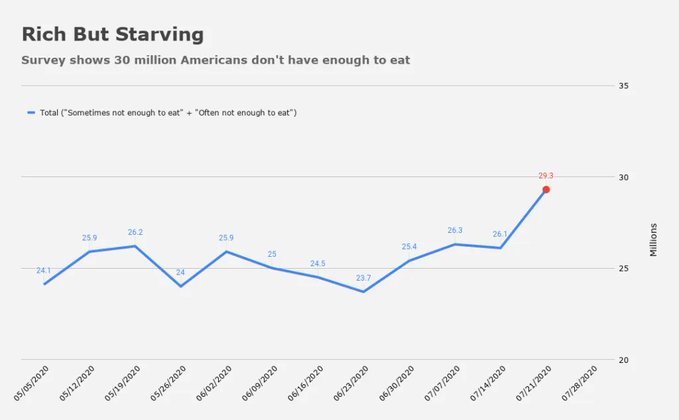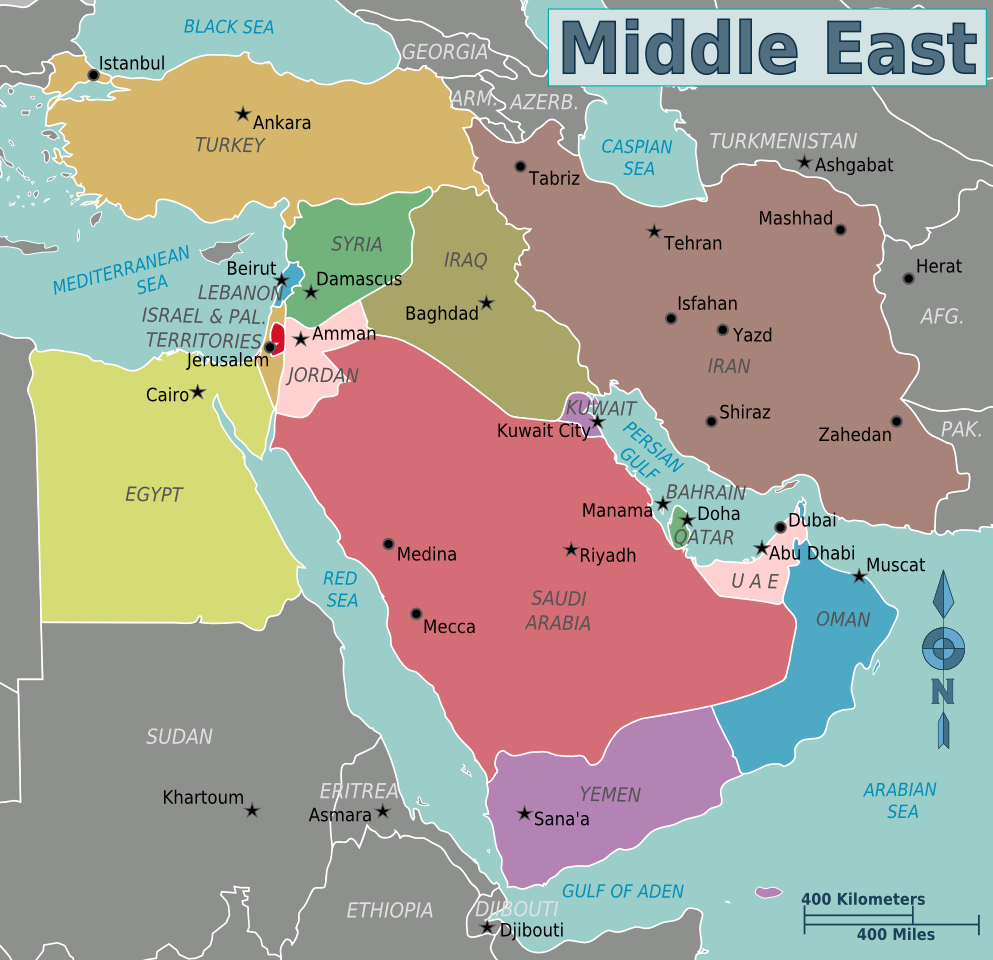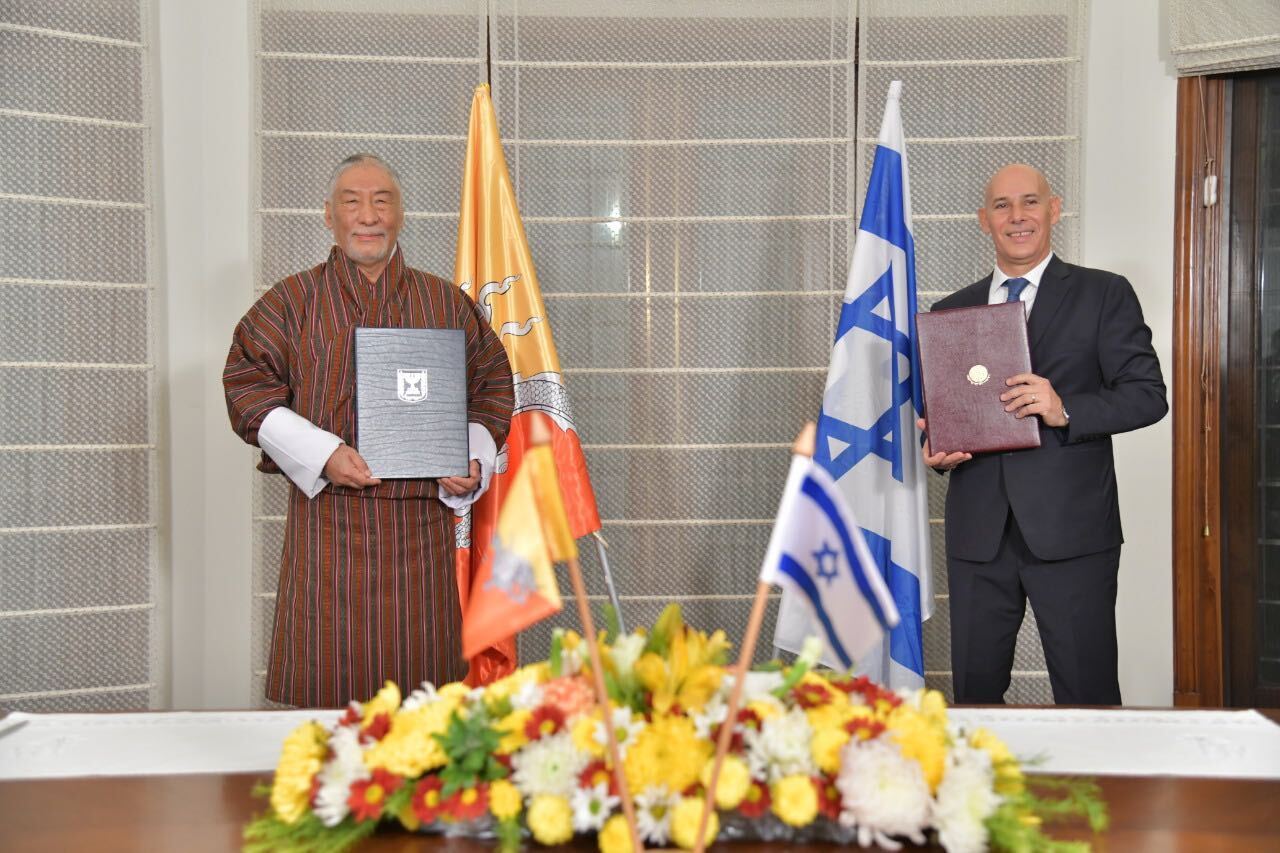As they say, History Rhymes. And we are increasingly looking back to 2010-2012 as being congruent to what we might be seeing unfold. Fancy geo-strategy stuff aside, the biggest sources of unrest remain the basics – food & money. Look what is unfolding before our very eyes.
1.Financial Look Back to 2010-2011
With Janet Yellen, the pre-Powell Chair of the US Federal Reserve as the presumptive Treasury Secretary, we expect to see floodgates opened to pump enormous quantities of money into the US financial system. Now think back to November 19, 2010 and remember how then Fed Chairman Bernanke opened his own floodgates of money to get some inflation into America.
Money is like water. It doesn’t stay where it is deposited. It flows through crevices & goes south into the biggest & neediest receptacles. So money flows from Bernanke did cause inflation. But not in America but in turbulent emerging markets. By January 2011, the Middle East was in the throes of a massive revolt driven mainly by food. Think back to a protesting Egyptian who said to a reporter “I have all the education in the world. I have a Master’s degree too but I can’t find work and I don’t even have the money to buy milk for my one-year old child.“
Now the same Yellen-Bernanke-Powell gang is about to unleash a far greater flood of money into America’s financial markets. Yes into US financial markets but not into pockets of hungry Americans. Yes, food poverty is a big problem in today’s America & it will only get worse if Yellen-Powell floodgates of money cause food inflation. If you don’t believe us, look at the chart tweeted out by Albert Edwards of French investment bank SocGen:
China was strong in 2010. But reports indicate that today’s China is unable to feed its own people as it strives to challenge America militarily. And Saudi Arabia was rich in 2011. Now it is in financial trouble. So what happens if Yellen-Powell were to unleash another wave of food inflation into the emerging markets?
2. Look Back to Middle East policies of 2010-2011
Look back to what we wrote on June 12, 2010 in our article :The Long Term Ramifications of President Obama’s Middle East Policy:
- “President Obama’s anointment of Turkey as America’s core ally changed the Middle East situation. …. This new Turkey signaled its ambitions in the Core Middle East by its support of the Turkish Flotilla into Gaza and its vituperative condemnation of Israel’s military intervention. … In doing so, Turkey has changed the geopolitical calculus of the Middle East.”
What is happening now with Turkey? Even the passive & appease- at-all-costs European Nations are preparing sanctions on Turkey for its China-like claims in the eastern Mediterranean. But given the old relationship with the Obama-Biden administration, Turkey might actually get both a break as well as encouragement from the new Biden team.
What was the other BIG anointment of Obama-Biden? The Iran Nuclear Deal made Iran politically & financially powerful. That drive of Iran was stopped & almost reversed by the Trump Administration. Now the Iranian regime is virtually giddy about getting their old friends from Obama-Biden days into power in Washington DC.
How does this make Saudi Arabia, the Gulf Council Countries feel? Whom do they turn to for support?
3. New Framework for a New Middle East?
As we wrote back on June 12, 2010,
The Middle East can be thought of as four distinct areas:
- Turkey to the north-west, a strong non-Arab emerging power with dreams of being the successor to the Ottoman Empire which ruled the Middle East;
- Iran, another strong non-Arab emerging power with its own history of ruling the Middle East. The Middle East has been subject to the military and cultural struggle for dominance between Iran & Turkey for centuries;
- Core Arab Middle East of Egypt, Saudi Arabia, Iraq, Syria, Jordan;
- Gulf Emirates of Kuwait, Bahrain, Qatar, Abu Dhabi & Dubai with their history of negotiating their survival by becoming suzerains of the dominant military power in the region.
A picture is worth so much more, isn’t it?
Look at the map above and see how Saudi Arabia & the GCC could be subject to a pincer movement from both Turkey & Iran. Egypt is really not of much consequence. It hasn’t even been able to control its backside, Libya.
As a first step, Iran could turn Iraq into a virtual vassal if their old friend Biden doesn’t intervene. And Turkey could persuade its old friends in NeoLib & NeoCon camps to get rid of the Assad regime and dominate the western half of post-Assad Syria.
In response, as Geopolitical Futures pointed out on December 7, 2020, Saudi Arabia & the GCC could be on the verge of reshaping the Middle East:
- “By realigning with Israel and Qatar, Saudi Arabia and its Gulf partners would be able to further isolate two of their primary rivals in the region: Iran and Turkey.”
- “For Israel and Saudi Arabia, Iran is a common enemy. As Iran has augmented its strategic depth in the region over the years, building a proxy network that extends from the Zagros Mountains to the Red Sea and Mediterranean, Saudi Arabia and Israel have found greater incentive to work together. … But as the Gulf begins to open up toward Israel, Saudi Arabia has an opportunity to expand its coalition against Iran beyond traditional Sunni Arab lines and include one of the top military powers in the region in its circle.”
- “The same logic applies to the GCC’s broadening campaign against Turkish influence in the region. As Turkey has gotten more deliberate about expanding its influence and control, Saudi Arabia and its Gulf counterparts are recognizing that they share an interest with Israel in opposing Turkish expansionism. … When strategizing its next step against Turkey, Saudi Arabia is beginning to accept Israel as a natural partner.”
Now turn to the other end of the Middle East-Africa, the end that faces Europe. Notice that last week Morocco established diplomatic relations with Israel, joining three other Arab countries – the United Arab Emirates, Bahrain and Sudan – that normalized ties this year.
4. Enter a new natural partner?
Now look at the photo below of Israel & Bhutan establishing diplomatic relations this week:
Weirdly, the Wall Street Journal titled this deal as Biden, Bibi and Bhutan. This deal was not signed in Bhutan or Israel or Washington DC or in the Middle East. It was signed in New Delhi.
Don’t scoff at the fact that Bhutan is merely a small kingdom with less than a million people. It is an Indian protectorate and a potential military flashpoint between Indian reality and grandiose Chinese colonial ambitions. The fact that Israel would do a deal with Bhutan & sign it in Delhi is a further strengthening of the Indo-Israel strategic partnership.
Under Narendra Modi & Bibi Netanyahu, the Indo-Israel relationship has gone from a nascent beginning in 2000 to “a key strategic partnership“, to use the words of Ron Malka, Israel’s Ambassador to India. And the ties between UAE & India go back even further back. Besides the historical relationship that goes back at least a couple of millennia, today’s Dubai rose to economic modernity in the 1960s due to “trade” with India. And UAE recently inaugurated a Hindu temple in its territory.
Watch WION’s interview with Israeli Ambassador to India below:
This could well develop into a military relationship in the near future. Israel has offered to place its defensive Anti-Aircraft missile network to augment UAE’s air defenses. And reportedly UAE is seeking to buy Brahmos, India’s supersonic offensive missile system.
This is well & good. But Saudi Arabia isn’t going to do anything with India, except sell its oil, right? They have always been on the side of NaPakistan, right?
Why do you think we call it the New Middle East? Reportedly, Saudi Arabia is also interested in buying the Brahmos missile system from India and has begun talks to reschedule joint naval drills with the Indian Navy. In fact, India could become a critical security partner to the Middle East. General Naravane, the Indian Army Chief, just concluded a visit to Saudi Arabia & the UAE and the purpose of the visit was reportedly to create a military alliance with the two gulf powers.
So, “as Joe Biden begins Middle East diplomacy, he will be engaging with an Israel that is in a stronger strategic position than when he was last in the White House“, to use the words of the Wall Street Journal.
What will the Biden team? Will they go back to the failed policies of Obama-Biden, move the US Embassy out of Jerusalem, cozy up with Iran? Or will they recognize that the Arabs are finally acting in their sensible self-interest & ending the religious feuds that made their people poorer?
Just as importantly, will the Biden team act quickly & resolutely to solve the food & income crisis that is widespread in America and spreading to the world? If they don’t, they might discover that the global social & emotional climate is much much hotter than the physical climate they are focused on.
Send your feedback to editor@macroviewpoints.com Or @MacroViewpoints on Twitter



an article in newindianexpress expressing the same geopolitics changes happening in middle east https://www.newindianexpress.com/opinions/2020/dec/21/islamic-world-in-churn-outcome-will-dictatefuture-geopolitics-2239051.html
Thank you. Lt Gen Syed Ata Hasnain is a smart guy. Glad he sees Mideast the way we do. We have held this view since Pres Obama took charge in 2010. So no one should be surprised if Biden team echoes that.
Your article failed to mention the critical role Greece is playing in all this. Even though Greece is not a Middle Eastern country geographically, its steadfast position against Turkey’s expansionism, and its recently formed strategic alliance with Israel and Cyprus, as well its alliances with other Middle East countries and the fact that the Greece is a member of both NATO and the EU, make it a key player in several of your scenarios. Its outstanding geographical and strategic location in the Eastern Mediterranean, coupled with its strong navy give it dominant position in the subject region.
Final version.
Your article failed to mention the critical role Greece is playing in all this. Even though Greece is not a Middle Eastern country geographically, its steadfast position against Turkey’s expansionism, and its recently formed strategic alliance with Israel and Cyprus, as well its alliances with other Middle East countries, and the fact that Greece is a member of both NATO and the EU, make it a key player in several of your scenarios. Its outstanding geographical and strategic location in the Eastern Mediterranean, coupled with its strong navy, give it a dominant position in the subject region.
I agree with your comments on the previous article. Let’s add to that the fabricated in most parts financial crisis in Greece since its inception in 2012 that added a lot of burdens to Hellenes and the state of Greece. Still, Greeks have been resisting till our days to an unjust and unethical behavior of Ms. Merkel and her friend on crime, Mr. Erdogan, against their country.